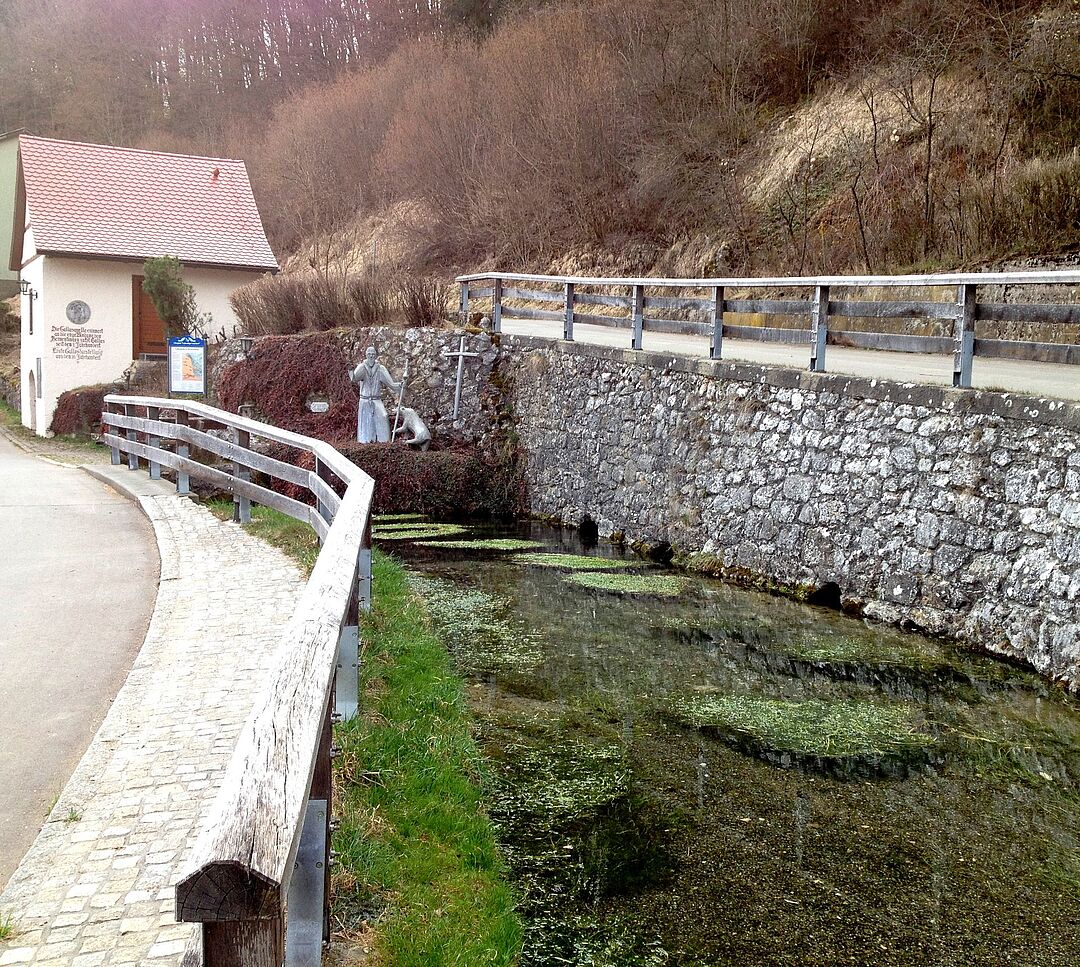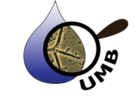Development and application of non-pathogens and extracellular DNA for predicting transport and attenuation of pathogens and antibiotic resistance genes in groundwater (PrePat)
Water-borne diseases are of emerging concern even more so with challenges due to climate change, based on both, droughts and floods. Globally estimated 1.8 billion people use a source of drinking water which suffers from faecal contamination and every year 2–5 million people die from waterborne diseases. The situation is even more strained by decades of misuse and over-consumption of antibiotics that has exerted enormous selective pressure on bacterial communities, driving the evolution of antibiotic resistances.
More systematic field studies on the transport and attenuation of microorganisms and antibiotic resistances in groundwater under representative conditions are necessary to meet future challenges with respect to safety of groundwater. Though transport data on pathogens from field experiments are urgent to be obtained, performing such tests is hardly possible as applying pathogens in field tracer tests is mostly prohibited.
The project aims at providing a detailed understanding of the mobility of microorganisms and antibiotic resistances in groundwater by field experiments. Since the application of pathogens in the field is prohibited a palette of non-pathogens and DNA will be used in several field tracer studies in a well characterized karst aquifer in south-west Germany. Studies will assess the impact of different aquifer conditions and input scenarios on transport and attenuation of microorganisms in the subsurface from break tough curves and transport modelling. Event based studies will further allow for testing the gained knowledge on data from natural contamination events. The project is greatly appreciated by local authorities and water providers (supporting letters from authorities are attached).
Finally, a selection of non-pathogens and exDNA field tracers will be presented for individual aquifer conditions that allows for estimating the transport and attenuation of potential pathogens and antibiotic resistances in future studies including question on water-management, risk assessment or microbial controlled remediation in the subsurface.
TU Berlin: Dr. Schiperski (Angewandte Geochemie), Prof. Szewzyk, Dr. Braun (Umweltmikrobiologie)
TU Bergakademie Freiberg: Prof. Scheytt (Hydrogeologie und Hydrochemie)
TZW: DVGW-Technologiezentrum Wasser: Prof. Tiehm, MS Stelmaszyk (Umweltbiotechnologie)
Duration: 3 Years
Start: 01/2022
Press:
Zeit online (04.10.2021):
"Forschungsprojekt zu Grundwasser startet in Schäbischer Alp"
TU Intern (Dezember 2021):


 © Schiperski
© Schiperski
